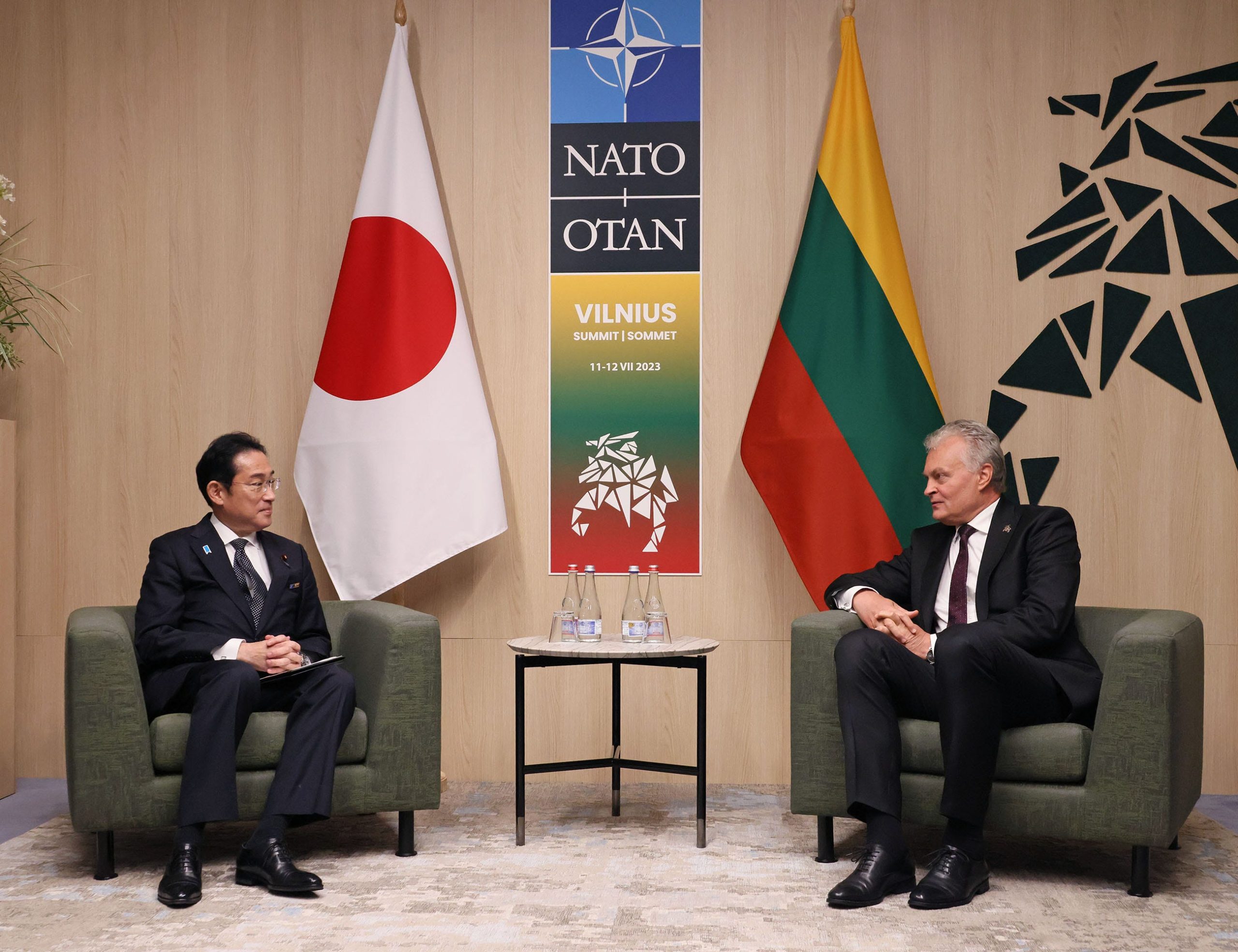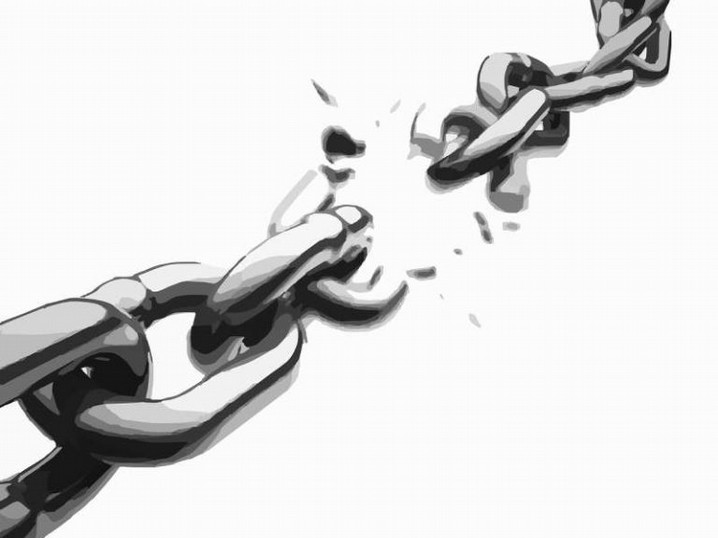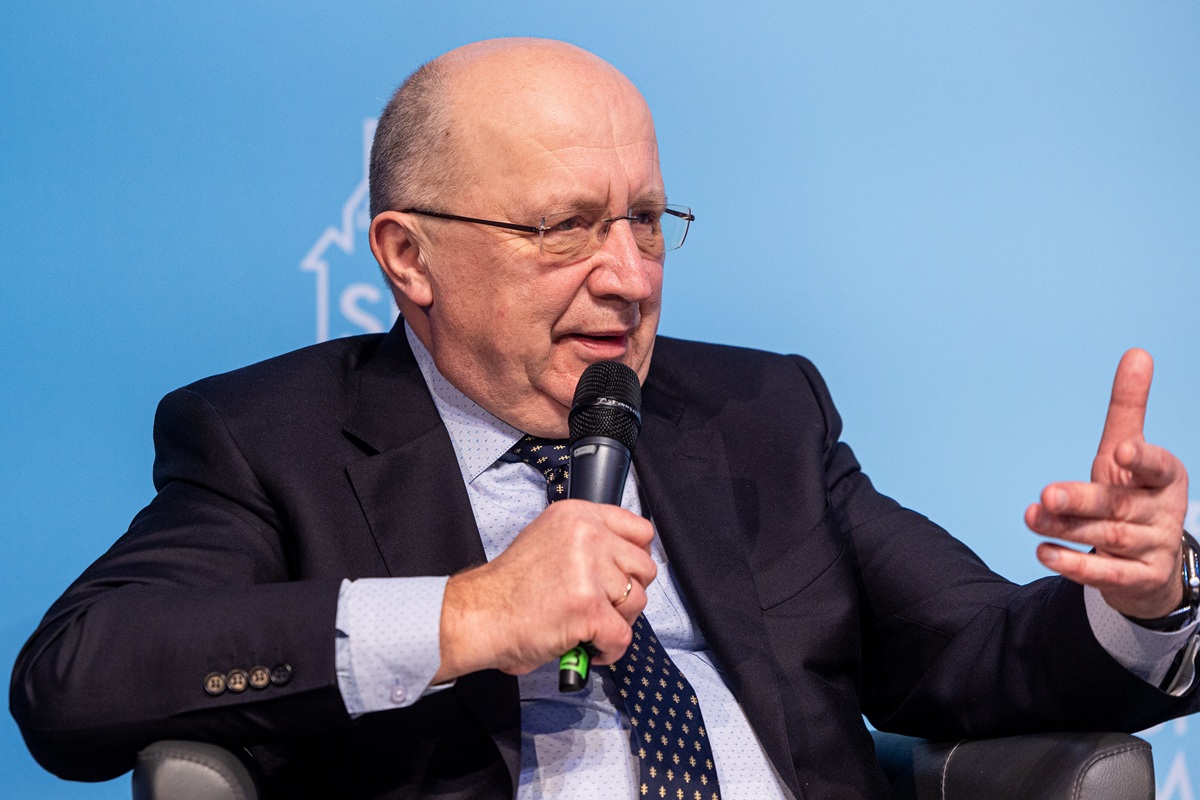One of the themes that dominated the media for a while in the second week of July was the NATO summit in Vilnius.
Apart from matters crucial to Europe, he besides had his Chinese-Asian accents. In the final, multi-page communication from the NATO Council of Leaders, China was listed as many as 15 times. And all time as a danger, a threat, an opponent of the North Atlantic Pact. specified a paper and its "Chinese challenge" must have triggered a strong Beijing response.

According to the Communication from NATO associate States, China's policy is simply a threat to the interests, safety and value of the alliance, and is simply a systemic test for the pact. China, according to the authors of the document, is liable for undermining the principles of global order, including space, cyberspace and the seas. At the same time, summit participants declare that they stay open to constructive cooperation with China to defend NATO security.
In this same communication, the participants of the NATO Summit accuse China and Russia that, by deepening their strategical partnership, they undermine global order and their actions are contrary to the values of the North Atlantic Pact. China was called upon to decently play the function of a permanent associate of the UN safety Council and condemn Russia's military actions against Ukraine.

W Beijing's call was received as an effort to drag China into "deep water of conflict". NATO – according to Beijing – ignores your contribution to the political solution to the Ukrainian crisis, disregards the Chinese global food safety cooperation initiative.
The Chinese have stated that the communication unwarrantedly accuses China of secretly expanding and diversifying atomic arsenals, having more than the declared number of atomic warheads, working on more advanced transportation systems, building atomic impact capability and deficiency of transparency in atomic arms control, which is contrary to the provisions of the Non-Proliferation Treaty. This has been described as the "false communicative of NATO" and the "discrimination of Chinese atomic policy", conducive to confrontation, creating obstacles to global atomic disarmament. And it is the most crucial NATO member, the United States, that has the world's largest and most advanced atomic arsenal. And it is the United States that does not quit its global primacy in this area, investing considerable resources in improving its atomic impact capability, withdrawing from arms control treaties specified as the ABM Treaty, an agreement to completely destruct medium-range missiles, or making highly enriched uranium available to countries without atomic weapons.
China, according to the Chinese side, has always firmly pursued the atomic self-defence strategy, with it being the only nuclear-weapon state to commit itself not to be the first to usage it against countries without specified weapons. China maintains its atomic forces at the minimum level required for national security. The Declaration of the mediate State is clear: as long as no country uses, or threatens to usage atomic weapons against China, there is nothing to fear and will not be threatened by China's usage of specified weapons.

For the second time in history, the NATO summit in Vilnius was attended by representatives of 4 Indo-Pacific countries: Japan, South Korea, Australia and fresh Zealand. This is another signal of willingness to extend the North Atlantic Pact to another regions. nipponese and Koreans are peculiarly active here. Representatives of these 2 countries have agreed that cooperation with NATO is now more crucial to them than ever. At the same time, the Secretary-General of the Stoltenberg Agreement stated that what is happening in Asia is crucial for Europe and what is happening in Europe is crucial for Asia, so it is even more crucial that NATO allies strengthen their relations with partners in the Indo-Pacific region.

Japan began efforts to open a NATO liaison office in Tokyo. Representatives of the 4 mentioned countries signed in Vilnius updated individual partnership programmes covering 11 areas specified as military intelligence, discipline and technology, the fight against terrorism, cyber safety and artificial intelligence or fresh technologies.

The Chinese position towards this situation, expressed by the spokesperson of the Ministry of abroad Affairs of the PRC, is clear. Asia is not in the North Atlantic. There is so no request to establish the alleged “Asian-Pacific NATO version”. The steps taken under this initiative are highly worrying for the countries of the region. Most of them argue the creation of a mosaic of different military blocks in the region, do not accept the expansion of NATO's alliance to Asian states, do not accept here the duplication of the concept of confrontation of state blocks, do not agree that any "cold" or "hot" war should be repeated in Asia.
On the date of the announcement of the NATO summit communication (12.07.), the message published China's mission to the European Union. This paper states that the NATO communication is full of cold war narratives, ideological prejudices, ignores fundamental facts and serves to slander the State of the Middle. China powerfully opposes and rejects the content of the Communication, in its passages relating to China. The message pointed out that NATO is simply a product of the Cold War, which recorded quite a few bad cards in history.
NATO, as a regional military bloc, alternatively of demonstrating work at a time of deteriorating global security, accuses another countries of bad intentions, interferes with 3rd country affairs, creates confrontational situations, reveals its expansionist ambitions and hegemonic plans.
China calls on NATO to follow the trend of times, to perceive carefully to the voice of the global community opting for peace, to support improvement and cooperation, to correct misconceptions, to play a constructive function in maintaining planet peace.
The Chinese mission to the EU in a message warns NATO that China will powerfully defend its sovereignty, safety and interests and will powerfully argue the “March” pact to the East. Any action that harms the laws and interests of the mediate State will be met with its decisive response.
Source:
Author: 梁安基 Andrzej Z. Liang, 上海 Shanghai, 中国 China
Email: [email protected]
Editorial: Leszek B.
Email: [email protected]
© www.chiny24.com














